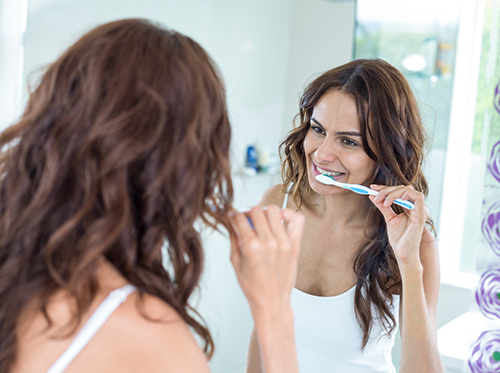Improve Your Overall Health with Regular Cleanings
June 27th, 2018

It’s common knowledge that you should get your teeth cleaned every six months. But do you know why that timing is crucial? Studies have shown that your oral health connects directly to the rest of your body. Over time, an unhealthy mouth can cause trouble in other parts of your general system.
Undergoing a regular cleaning every six months at our New Iberia, LA office is vital. During your dental checkups, we remove plaque that collects on your teeth and around your gums. If the plaque gets left in place for an extended period, inflammation can develop and may lead to painful gum diseases such as gingivitis and periodontal disease.
According to the American Academy of Periodontology, periodontal disease has been linked to increased risk for health conditions such as heart disease, stroke, diabetes, inflammation, and osteoporosis. Bacteria from your mouth can spread throughout the rest of your body. So a healthy mouth leads to a healthy body.
Regular checkups can prevent issues from arising in your mouth if problems are caught early by Dr. Henagan. If you have been avoiding the dentist, you could be making issues worse for yourself in the long haul. Generally, a dentist will go over a few routine matters during your checkup. They might include taking X-rays, checking for gum disease and tooth decay, examining your bite, inspecting your head and neck for swelling, and of course performing a thorough cleaning of your teeth and gums to remove built-up plaque and tartar. All of these routine practices are worthwhile when it comes to keeping your oral health in top shape.
Now that you know the importance of getting your teeth checked every six months, you should be sure to schedule your next appointment with Henagan Team Dentistry at our New Iberia, LA location. Keeping your mouth healthy will prevent any form of bacteria from spreading to the rest of your body. If you have any questions or concerns regarding your oral health, don’t hesitate to call and our staff will be happy to assist you.




